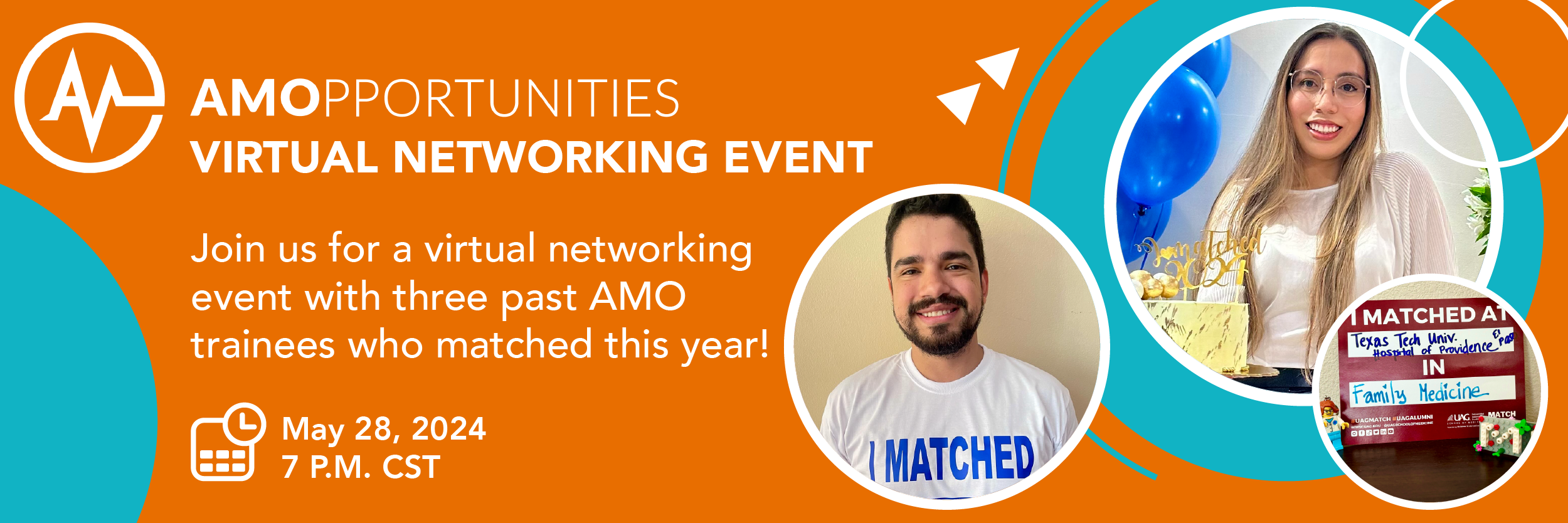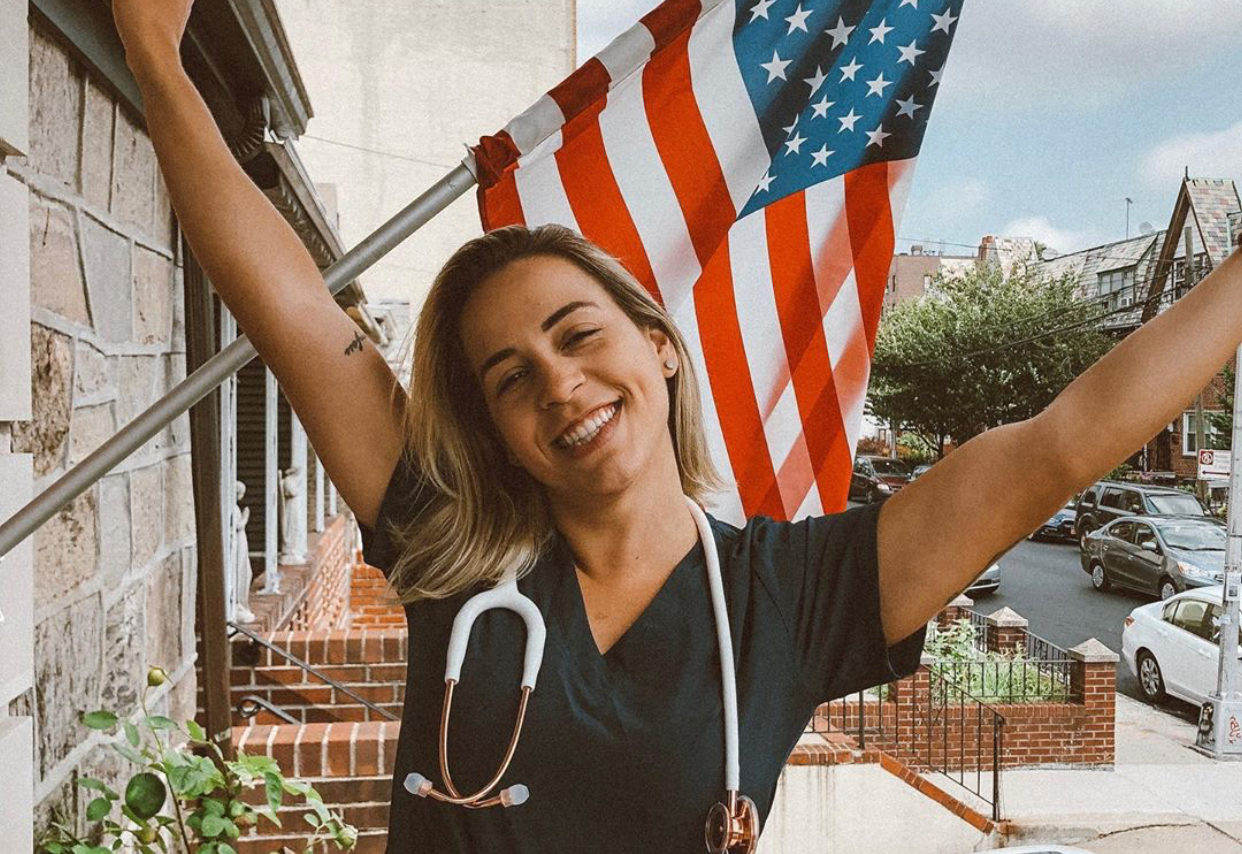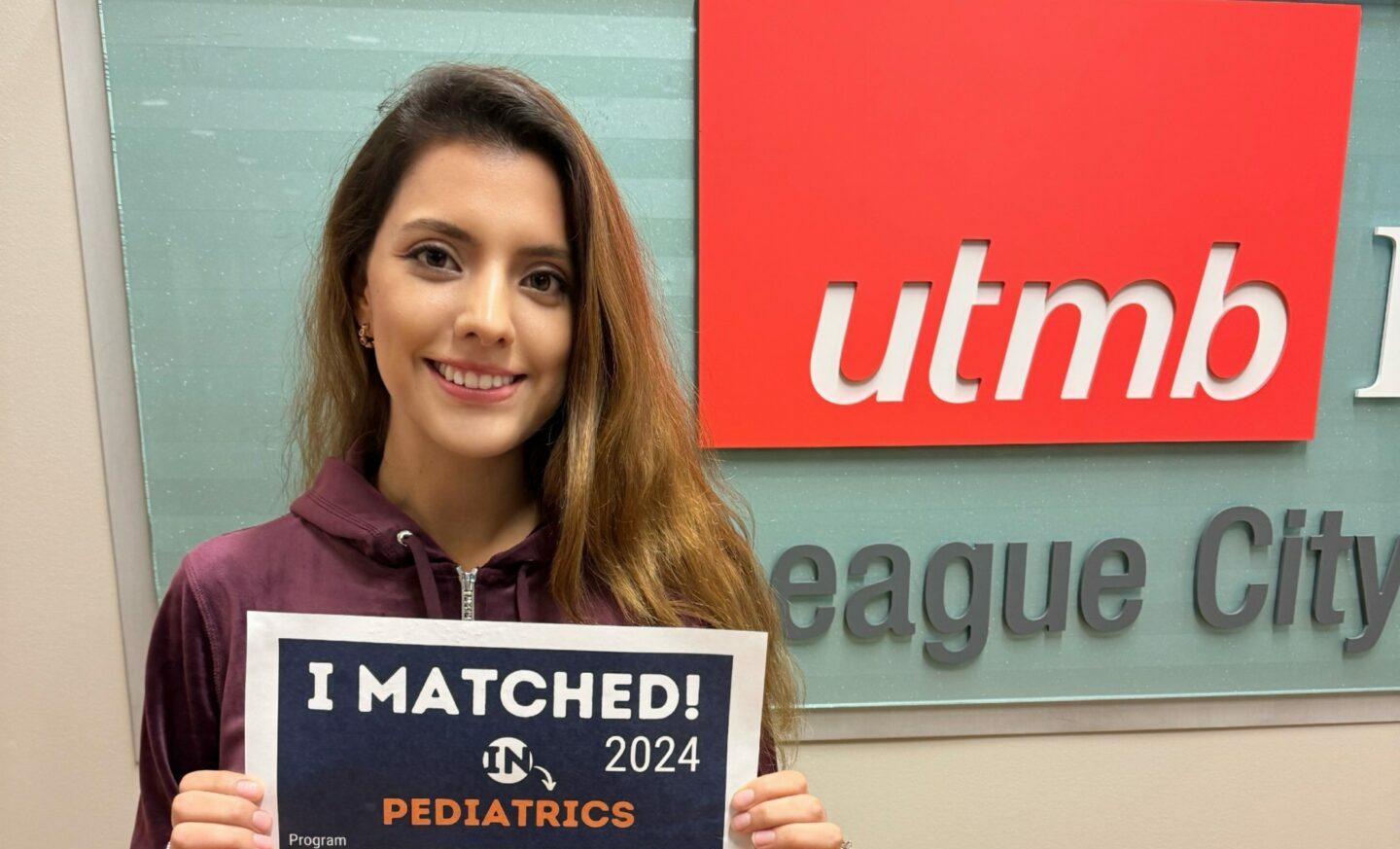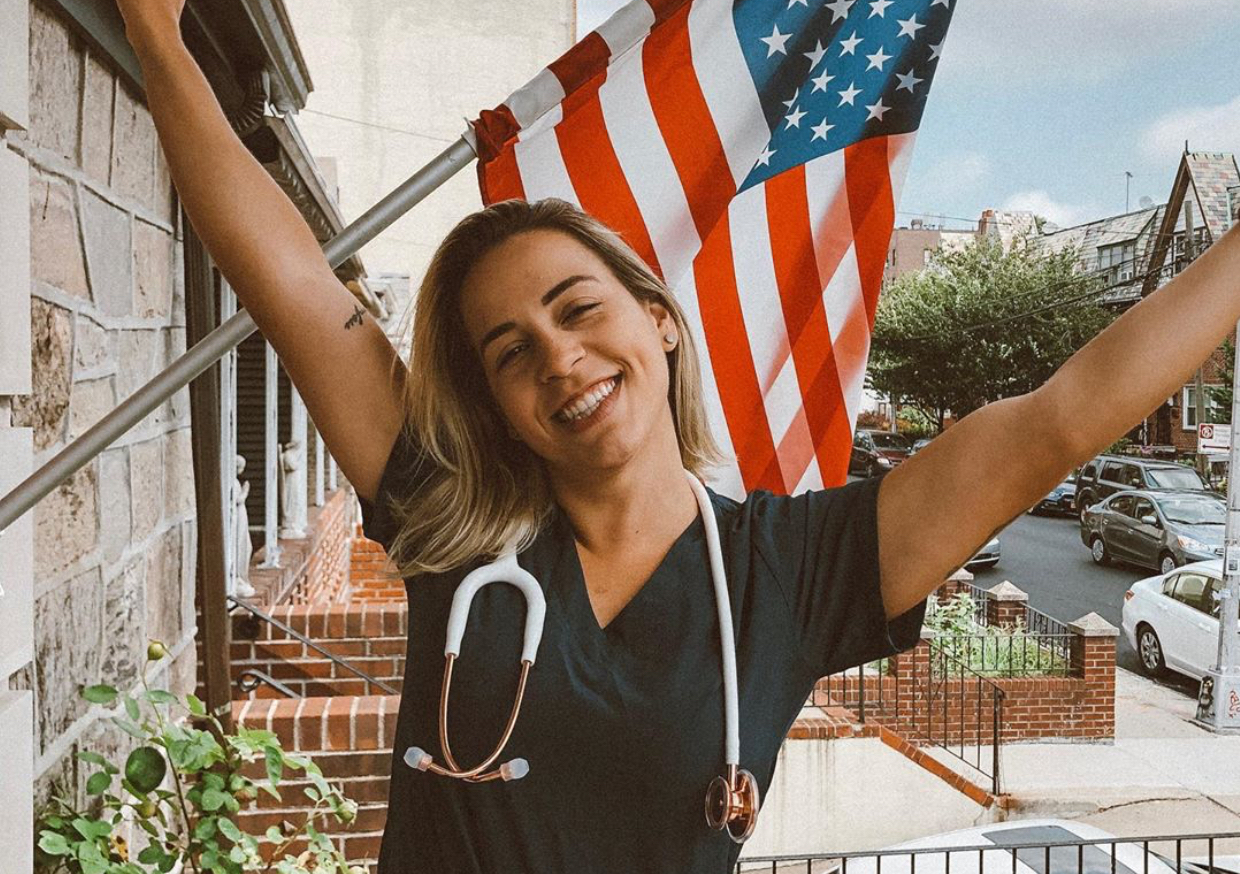Match week is next week—that’s right—NEXT WEEK! To help you prepare for Match Day, March 20, 2020, we compiled a short list of how to celebrate if you end up matching, and what to do in the event that you do not.
What To Do If You Matched
-
-
Snap a Photo
-
Share your success with others! The National Resident Matching Program encourages all those who match into residency to snap a photo and post it to social media using #match2020.
-
-
Celebrate
-
Your hard work paid off! It’s time to celebrate. Have a slice of cake, go out with friends, or have a nice dinner with your family. Do something special and let yourself enjoy it. Although the process of matching was complicated, you can expect residency to be even more challenging and time-consuming. Knowing this, give yourself a moment to breathe and enjoy the present moment.
-
-
Start Planning
-
There are several items you will need to begin planning right after you match. The most important of which will be securing a visa and housing.
For an international medical student, finding housing will require planning and research. It will most likely be a significant financial investment as you will need to pay for rent, utilities, and furniture. While you might be able to find a furnished apartment, they are often hard to come by. You may also elect to rent furniture but, with your residency being a minimum of three years long, this could add up over the years. The best option would be to purchase cheaper, or even secondhand, furniture.
Speaking of finances, if you are still working to pay your medical school loans, you will need to re-evaluate your payment schedule. Medical residents do get an income or stipend, so you may decide to switch to an income-based payment plan. No matter which option you choose, make sure to continue making payments if you have them.
Another thing to consider is what type of visa you will need to travel to the U.S. This will be dependent upon your personal situation and if your residency program offers assistance for a certain type of visa.
What To Do If You Didn’t Match
-
-
Re-evaluate
-
If you are planning to apply for residency again, do your research. Data from previous matches can help point you to medical specialties, states, and specific institutional programs that routinely have larger IMG match rates. This is also a good time to decide if your letters of recommendation are timely and strong enough to help your application stand out.
If your LoRs are more than a year old or you feel their content might not highlight your strengths, you should consider obtaining a new LoR. A clinical experience with AMO could be a good option as experiences are offered year-round, and participants who complete the program have the opportunity to request an LoR from their precepting physician. Explore clinical experiences >
-
-
Consider a Research Position
-
Reach out to some of your professional connections. See if you can find a research position that could bulk up the experience portion of your CV.
If your research gets published, this is something you would also be able to include on your CV. Ultimately, filling a medical position as you apply for residency shows rigor and dedication that you can highlight.
-
-
Take the USMLE Step 3
-
While the USMLE Step 3 is not required to apply for residency, passing this exam allows you to display another level of medical knowledge. It also shows you are serious about practicing medicine in the U.S.
If you do decide to take the USMLE Step 3 before residency, you should make preparing for the test a priority. If you fail the test this will show up on your transcript and could negatively impact your residency application.
Considering applying for residency in the future? A clinical experience can help you gain the experience and LoRs you need to meet application requirements.
Create an account to view 700+ clinical experiences today >







Leave A Comment